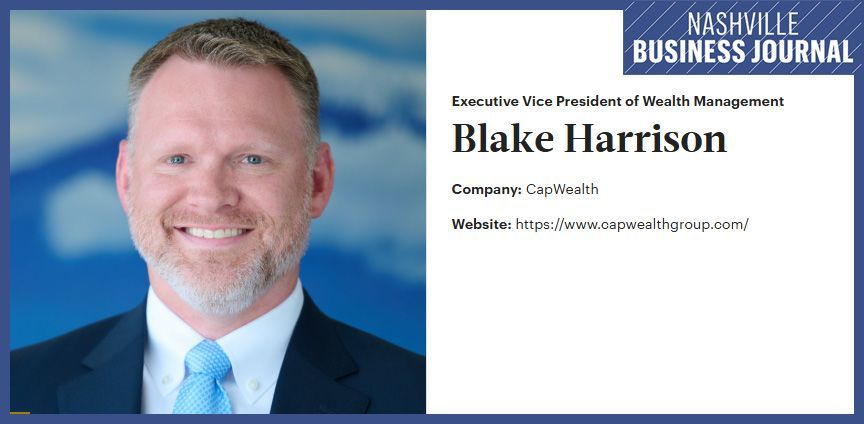Despite strong economy, investors should protect portfolios against inflation
May 6, 2024

Recent economic data has shown remarkable resilience to higher interest rates placed upon us by the Federal Reserve. Traditional economic theory would say the Fed rate is restrictive, but strong jobs reports and higher inflation says otherwise. These factors have crushed market expectations of interest rates dropping this spring. Some within the Fed have even hinted at further rate hikes being possible.
If the economy is doing so well, why do we feel so bad?
Paradoxically, the strong economy that should be making us all feel better is a major factor driving our pain with expenses in everyday life. Excess cash caused by remnants of pandemic-era programs have been sloshing through the system and leading to sticky inflation. Categories that hit our daily wallets the hardest have generally remained elevated.
Data indicates that pockets of inflation in various categories continue to pop up at random times. We coined this “inflation whack-a-mole” after the adorned arcade game. Much like the pesky moles who rear their head randomly in the game, we’re experiencing the same symptoms in the economy. Housing, labor cost, oil prices, and food supply have all seen price spikes, but not all at once.
Housing is driven by a supply shortage and fluctuating mortgage rates. In a January 2024 report, the American Enterprise Institute Housing Center wrote, “…year-over-year home price appreciation has begun to accelerate, largely due to buyers being well-qualified and highly motivated by a historically tight supply.”
As mortgage rates drop further, the tight supply will only drive prices higher as more potential buyers enter the market. This may lead to start-stop inflationary reads in the housing sector. The first major inflation data of the year, published on Jan. 11, confirmed our sentiment, with housing contributing to more than half of the overall CPI increase. The subsequent reports show trends of inflation embedding itself again.
Inflation is half of the affordability story
Inflation data plays an important role in setting the Fed’s policy rate and is often mischaracterized as a “catch-all” phrase. Calculations like PCE and CPI sound like characters from a certain sci-fi franchise but are in fact the best guides for estimating price changes across the United States. They are not perfect. CPI data tends to read higher than PCE because it includes a larger weight on sectors like housing and is more sensitive to the rising cost of homes and rent. The Fed uses PCE as its primary source and its inflation 2% target is expressed in terms of this metric. Other agencies use CPI to adjust social security payments, for example.
Higher interest rates are not figured into either CPI or PCE inflation reading, which skews how we feel about making purchase decisions. Buying items right now can feel more expensive than inflation readings imply. A $330,000 home in 2019 is now selling for $500,000 due to inflation but the CPI/PCE calculations ignore the true cost to finance a more expensive house due to higher interest rates. A 30-year fixed mortgage payment in 2019 would have been about $1,500 whereas in 2024 it's closer to $3,370. This represents an increase of 124% in payment burden over five years! That profound double-whammy isn’t entirely reflected when the media cheers that inflation is subsiding.
What can you do?
Ultimately, we must all manage our wallets a bit tighter. Pay attention to pricing and use discounts where possible. Investors must also ensure their portfolios are protected against inflation and potential economic downturns caused by Fed missteps. CapWealth is available to assist in your financial planning, and we welcome the opportunity for dialogue.
Grant E. Stark, CFA, is director of research at CapWealth Group. Stark has experience in finance, investing, operations, due diligence and management assessment, as well as transaction sourcing and execution across both private and public sectors. He co-manages CapWealth’s investment strategies and develops the firm’s investment policies.













